The Curiosity Class is more than an animal encounter—it’s a chance for students to see, think, and wonder about the unique adaptations that help animals survive. As they observe and interact, students will be encouraged to ask questions, make predictions, and deepen their understanding of the living world.
Browse all available workshops at Taronga Zoo Sydney below.
Looking for workshops at Taronga Western Plains Zoo Dubbo instead? View all Dubbo workshops.
Workshops at Taronga Zoo Sydney
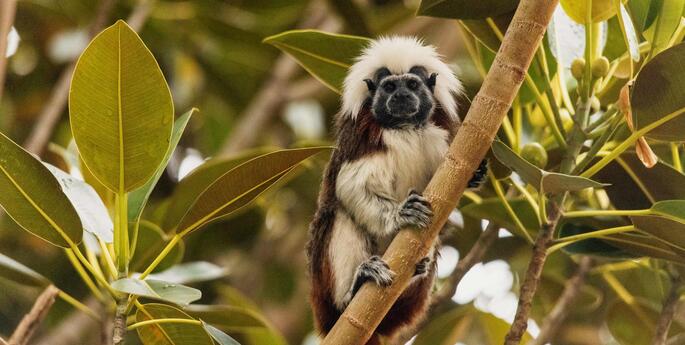 Early Stage 1 - Stage 6: Curiosity Class
Early Stage 1 - Stage 6: Curiosity Class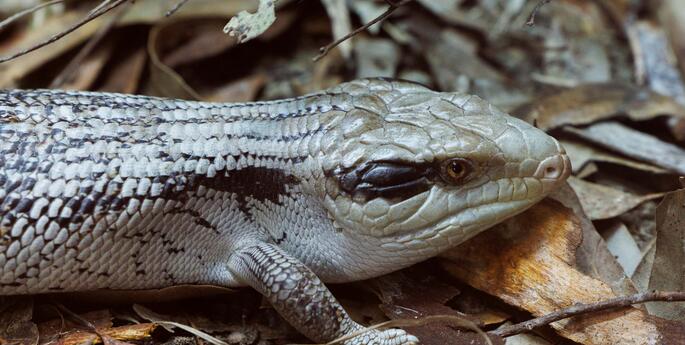 Early Stage 1: Connecting to Country: Stories from Land, Water and Sky
Early Stage 1: Connecting to Country: Stories from Land, Water and SkyIn this engaging Early Stage 1 lesson at Taronga Zoo, students will explore the natural features of Country through Aboriginal Dreaming Stories, and learning how animals, landscapes and skies are interwoven in culture and knowledge systems.
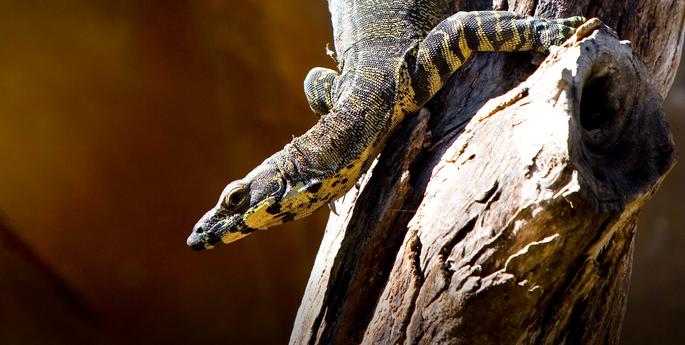 Early Stage 1: How Living Things Survive
Early Stage 1: How Living Things SurviveIn this workshop, students will get up close with a range of native Australian animals to discover how living things find air, water, and energy in their environments. By examining animal bodies, movements, and their eating habits, students will uncover the amazing adaptations that help each species survive.
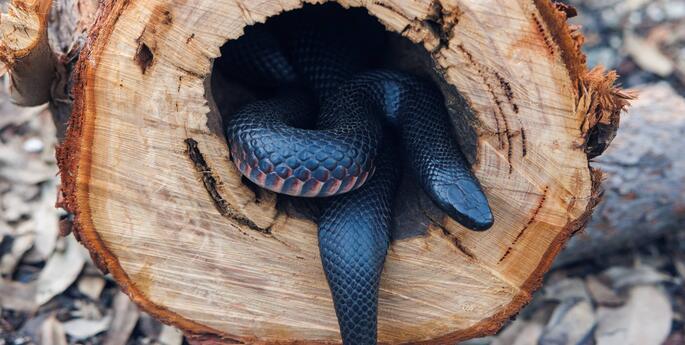 Stage 1: Connecting to Country: Stories from Land, Water and Sky
Stage 1: Connecting to Country: Stories from Land, Water and SkyIn this engaging Stage 1 lesson at Taronga Zoo, students will explore the natural features of Country through Aboriginal Dreaming Stories, learning how animals, landscapes and skies are interwoven in culture and knowledge systems.
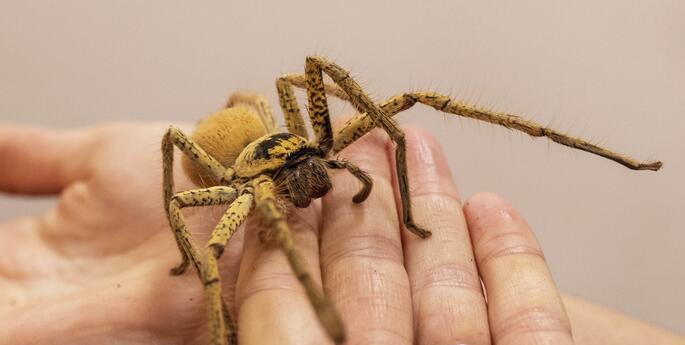 Stage 1: Data Detectives: Living things change over time
Stage 1: Data Detectives: Living things change over timeIn this workshop, students will be engaging with invertebrates to identify their observable features and group them based on their similarities. Through a Tree Shake activity, we will be collecting data on local invertebrates and using the results to create data displays of all the bugs we find! Your students will love how hands on this data collection activity while they’re shaking trees and sorting invertebrates in the beautiful back gardens of our Backyard to Bush house.
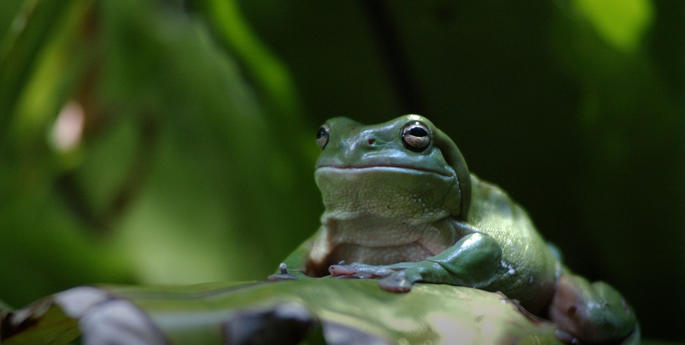 Stage 1: Life Cycles
Stage 1: Life CyclesStudents will learn about the life cycles of different living things and how their features and needs change at each stage.
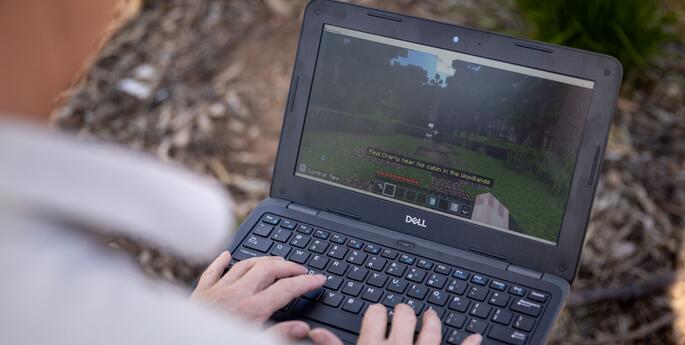 Stage 2 - 3: Minecraft Excursion: Eco-Detectives
Stage 2 - 3: Minecraft Excursion: Eco-DetectivesTake your students on a digital conservation adventure—at the zoo! Visit Taronga Zoo Sydney for a 60-minute Minecraft Education workshop where students become Eco Detectives. Delivered by Zoo Education Officers and aligned to Stage 2–3 curriculum outcomes, this workshop includes a student workbook that takes learning beyond the screen and into the natural world. Set in diverse digital biomes, the immersive Minecraft experience encourages students to investigate real conservation challenges and take action. Students will also meet some of the Education Centre's animals during the workshop, helping them make meaningful connections between virtual ecosystems and real-life wildlife. Join us on a thrilling mission to revive biodiversity! Join us on a thrilling mission to revive biodiversity!
In this workshop, students will be joining a Taronga Educator on a walking tour through Nura Diya ‘Upper Australia’ to learn about native animals and plants. Developed in consultation with Taronga’s Aboriginal Education Officer, students will learn about traditional uses of native species and how Aboriginal People used and cared for these, and the environment, in a sustainable way.
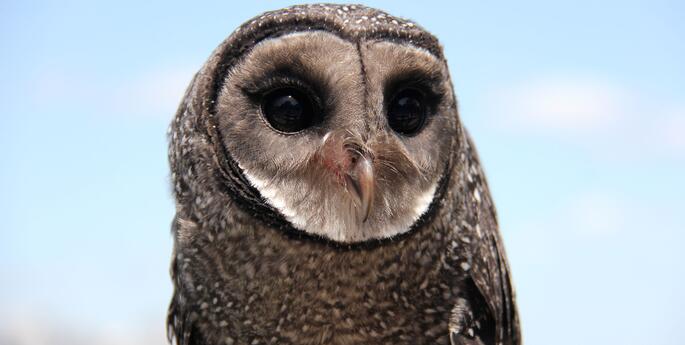 Stage 2: Energy in Ecosystems
Stage 2: Energy in EcosystemsStudents will explore the connections between habitats, ecosystems, and environments by observing the living and non-living things that make up these spaces. They will investigate how energy moves through food chains, discovering the important ways plants and animals depend on each other for survival. Through hands-on learning, students will develop a deeper understanding of the natural world and the delicate balance that sustains life.
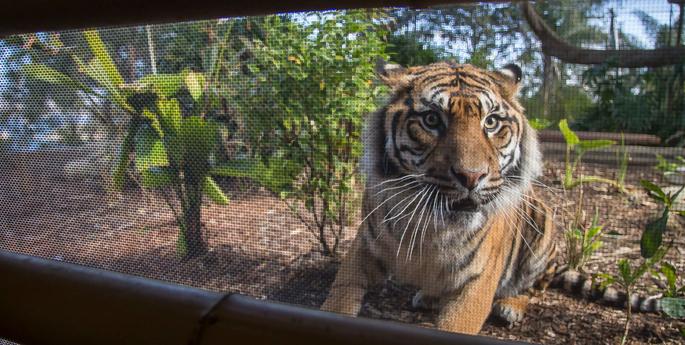 Stage 3 - 5: Exhibit Design
Stage 3 - 5: Exhibit DesignIn this fascinating workshop, students will develop a design brief for a new animal exhibit by undertaking research and observation of animals in Taronga’s care. They will learn about and consider animal welfare and enrichment, visitor engagement and interpretation, keeper safety and functionality.
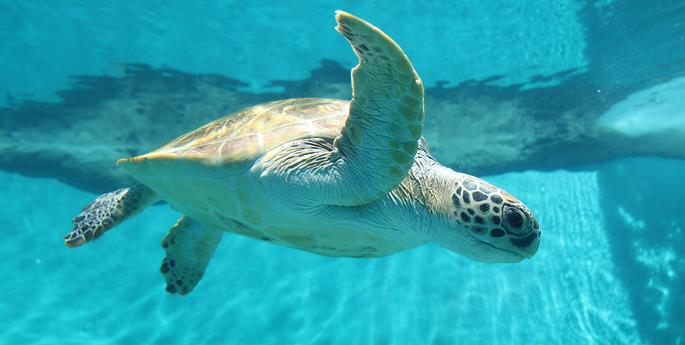 Stage 3: Adaptations in a Changing World
Stage 3: Adaptations in a Changing WorldAdaptations are features in animals that have evolved over millions of years to help them to adapt and survive in their environment. In this workshop, students will observe a range of animals’ adaptations and consider how these adaptations are challenged by today's changing environments.
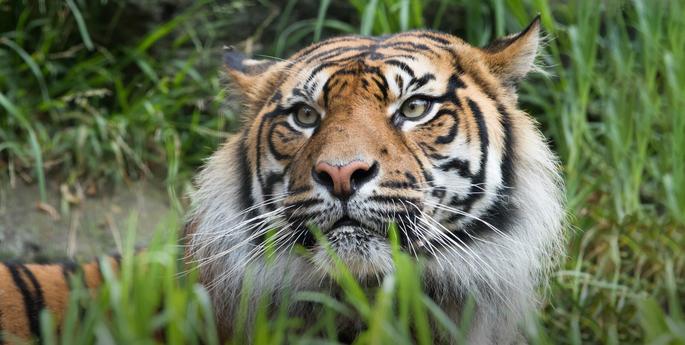 Stage 3: Habitat Heroes: Sustaining Global Environments
Stage 3: Habitat Heroes: Sustaining Global EnvironmentsExplore how humans and animals share our planet, from Eastern Australia to Sumatra and the Congo Basin. Students investigate local habitat loss for species and discover how Aboriginal Knowlege, cultural burning and seasonal calendars guide sustainable land management. They will compare global threats to exotic animals and apply Indigenous and sustainable practices to design their own “Hero Plan.” The excursion inspires critical thinking, collaboration and global citizenship, showing students they can actively protect wildlife and the environment.